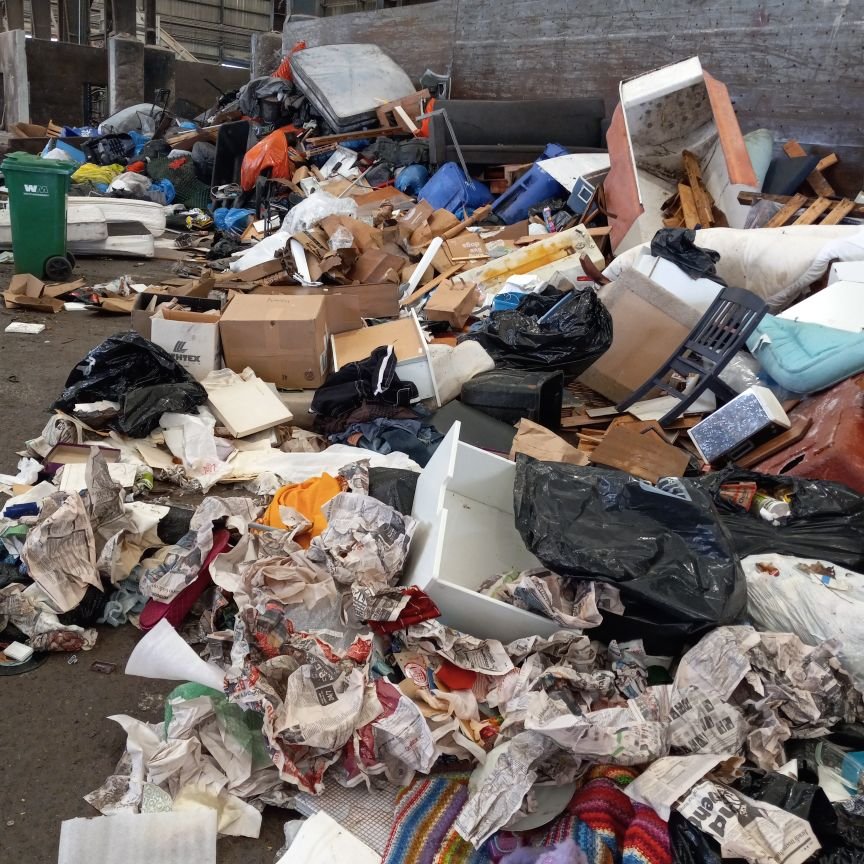Reclaim Waste Melbourne: Proven Techniques for Effective Liquid Waste Removal
Reclaim Waste Melbourne: Proven Techniques for Effective Liquid Waste Removal
Blog Article
The Vital Duty of Proper Fluid Waste Elimination Methods in Waste Monitoring
In the world of waste management, the value of utilizing appropriate fluid waste elimination techniques can not be overstated. It is within this framework that the application of sound fluid waste removal methods stands as a cornerstone of liable waste management techniques.
Significance of Correct Fluid Waste Elimination
Why appertains fluid waste removal critical in keeping public and ecological health and wellness criteria? Proper fluid waste elimination is vital for safeguarding the atmosphere and upholding public health and wellness criteria. Reclaim Waste liquid waste removal. Fluid waste, if not handled appropriately, can pose major threats to environments, water resources, and human health. Incorrect disposal of fluid waste can bring about contamination of groundwater, surface water, and soil, triggering harm to water life, plants, and potentially jeopardizing human populations.
Environmental Benefits of Efficient Methods
Implementing reliable fluid waste removal techniques not just safeguards the setting yet additionally plays a critical function in maintaining public health criteria. Improper disposal of liquid waste can lead to toxins leaking into the dirt and eventually getting to groundwater tanks, impacting both human wellness and environments.
In addition, effective liquid waste elimination techniques help alleviate the risk of waterborne diseases. Toxic chemicals in fluid waste can have destructive effects on fresh water and aquatic organisms, interrupting environments and biodiversity.
Wellness Implications of Inadequate Removal
The harmful wellness effects associated with inadequate liquid waste removal highlight the vital importance of appropriate disposal approaches and reliable management methods. Incorrect elimination of fluid waste can result in the contamination of water resources, positioning significant wellness threats to both humans and wildlife. When fluid waste containing hazardous chemicals, virus, or various other toxins is not adequately removed and dealt with, it can permeate right into groundwater, rivers, and seas, jeopardizing the high quality of drinking water and aquatic ecosystems.
Direct exposure to infected water as a result of poor fluid waste removal can result in various illness, consisting of intestinal diseases, skin infections, respiratory issues, and much more serious conditions such as body organ damages or neurological conditions. Additionally, the launch of untreated fluid waste into the environment can add to the spread of waterborne illness, producing public health and wellness dilemmas that require substantial resources to address.
Consequently, carrying out appropriate fluid waste removal techniques is necessary to securing public health and wellness and maintaining the stability of communities. Reclaim Waste. By focusing on effective waste monitoring methods, we can minimize the health and wellness risks related to inadequate liquid waste elimination and promote a much healthier atmosphere for all
Function in Stopping Water Contamination
Efficient fluid waste elimination techniques play an important role in preventing water contamination and guarding public health and wellness. Improper disposal of fluid waste, such as neglected sewer or commercial effluents, can cause the contamination of water sources, posing severe risks to human wellness and the environment. When fluid waste is not sufficiently gotten rid of and treated, unsafe substances can seep right into groundwater, rivers, and seas, polluting alcohol consumption water products and aquatic environments.
Infected water can carry a variety of pollutants, consisting of virus, heavy metals, and chemicals, that have the prospective to create waterborne diseases, environmental damages, and long-term health and wellness effects in people and wild animals. Correct liquid waste removal strategies, such as you can try here wastewater therapy plants, septic systems, and industrial effluent treatment facilities, are necessary for getting rid of or neutralizing unsafe contaminants before they can go into water bodies.
Making Sure Safe Disposal Practices
Ensuring appropriate disposal methods for fluid waste is necessary to safeguard water sources and public health and wellness from contamination threats. Safe disposal techniques involve adhering to standards and laws stated by ecological agencies to minimize the impact of liquid waste on the environment. Appropriate control and storage space of liquid waste are vital to webpage avoid leakages or spills that can permeate right into the dirt and infect groundwater resources. Implementing effective therapy approaches, such as purification or chemical procedures, prior to disposal can likewise substantially minimize the dangerous results of fluid waste on the setting.

Verdict
To conclude, appropriate liquid waste removal techniques play an essential role in waste monitoring by preventing ecological contamination and securing public health and wellness. Effective elimination approaches make sure the risk-free disposal of liquid waste, decreasing the unfavorable influence on ecosystems and water resources. It is critical for sectors and visit here individuals to embrace liable methods to reduce the harmful results of incorrect fluid garbage disposal.
In the realm of waste monitoring, the importance of using appropriate fluid waste elimination methods can not be overemphasized. It is within this structure that the application of sound fluid waste removal strategies stands as a cornerstone of liable waste management techniques.

Report this page